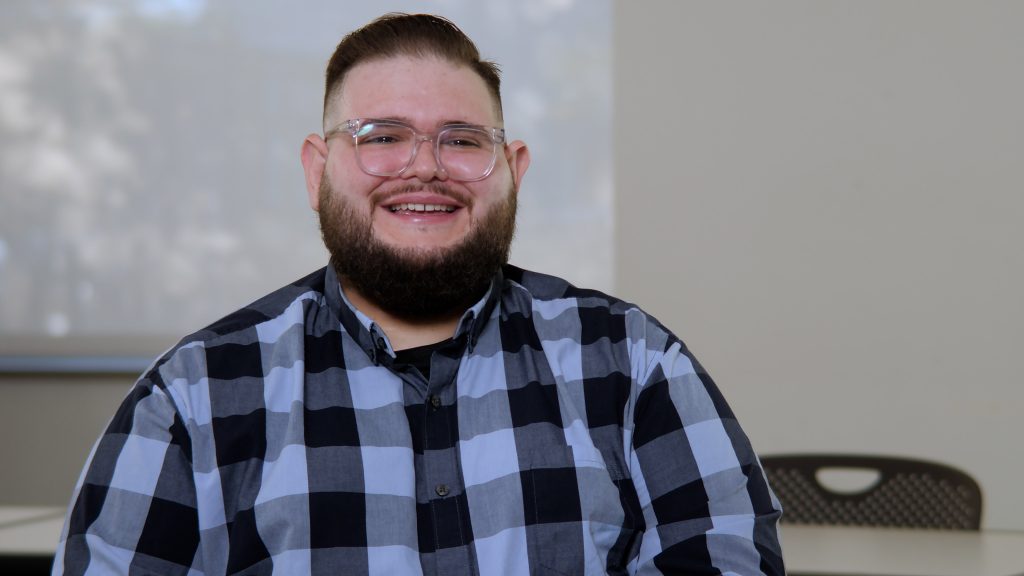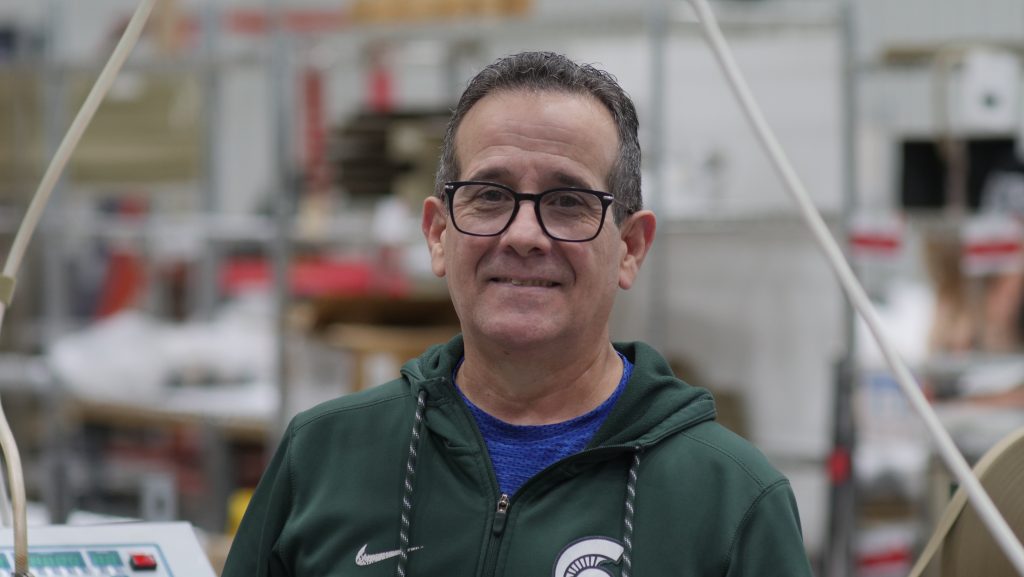Davis Burapa was born into an agrarian family in Sudan. He was told from an early age that his future lay in farming as it had for generations of people in his village community. The fact that Davis had a physical disability that affected his ability to walk unassisted bore no impact on these plans and formal education was never part of his aspirations.
Davis’ exact age when he departed Sudan in 1987 eludes him. During that tumultuous year, roughly 20,000 Sudanese children, including Davis, sought refuge in Ethiopia as a devastating civil war consumed their homeland.
The eruption of civil conflict precipitated Davis’ migration to a refugee camp endorsed by the United Nations. It was here that he encountered formal schooling for the first time, sparking a nascent desire for education. English classes, provided by U.N. missionaries, would eventually prove pivotal for Davis’ success.
However, his journey was far from over. Turmoil disrupted Ethiopia, driving many Sudanese back to their embattled nation, only to be forced to flee again when conditions deteriorated anew. As Sudan’s war raged on, the United Nations High Commissioner for Refugees (UNHCR) earmarked numerous Sudanese refugees, including Davis, for resettlement in the United States. The U.S. State Department concurred, thus setting the stage for a complex four-year process that culminated in Davis’ arrival in Salt Lake City, Utah.
Shortly after arriving, Davis enrolled in high school. Combining his thirst for knowledge with credits earned through his UN-acquired education, he quickly secured his high school diploma. His path led him to a youth rehabilitation center in Utah, where education was mandatory within the program. This experience illustrated for him the vital link between education and opportunity. Davis obtained an associate degree in general education from Salt Lake City Community College and advanced further by pursuing a degree in social work.
In 2012, following some years in San Antonio, Texas, Davis relocated to Lansing to be close to his son. After hearing about Peckham from a friend, Davis joined the Manufacturing division, initially as a sewer. However, his aptitude proved better suited to the quality supervision department, where he has continuously demonstrated a willing and adept approach to any task. Reflecting on his life experiences so far, Davis remains astounded by his transformation from working in a Sudanese farming village to a Peckham Team Leader proficient in modern machinery and technology.
Davis’ next vocational goal is to transition from team member to staff. He views Peckham as a place of opportunity. He applauds the company’s willingness to embrace those who have left and later returned seeking additional career and personal growth. Davis has forged connections with colleagues hailing from around the globe – Somalia, Cuba, and even his native Sudan. His commitment extends to instilling in his son the value of education as the conduit to a life of opportunities, regardless of where you come from.
“When I was born, I was just taught to be a farmer,” Davis recalls. But as he regularly reminds his son, “with an education, you have the opportunity – you can be anything.”




